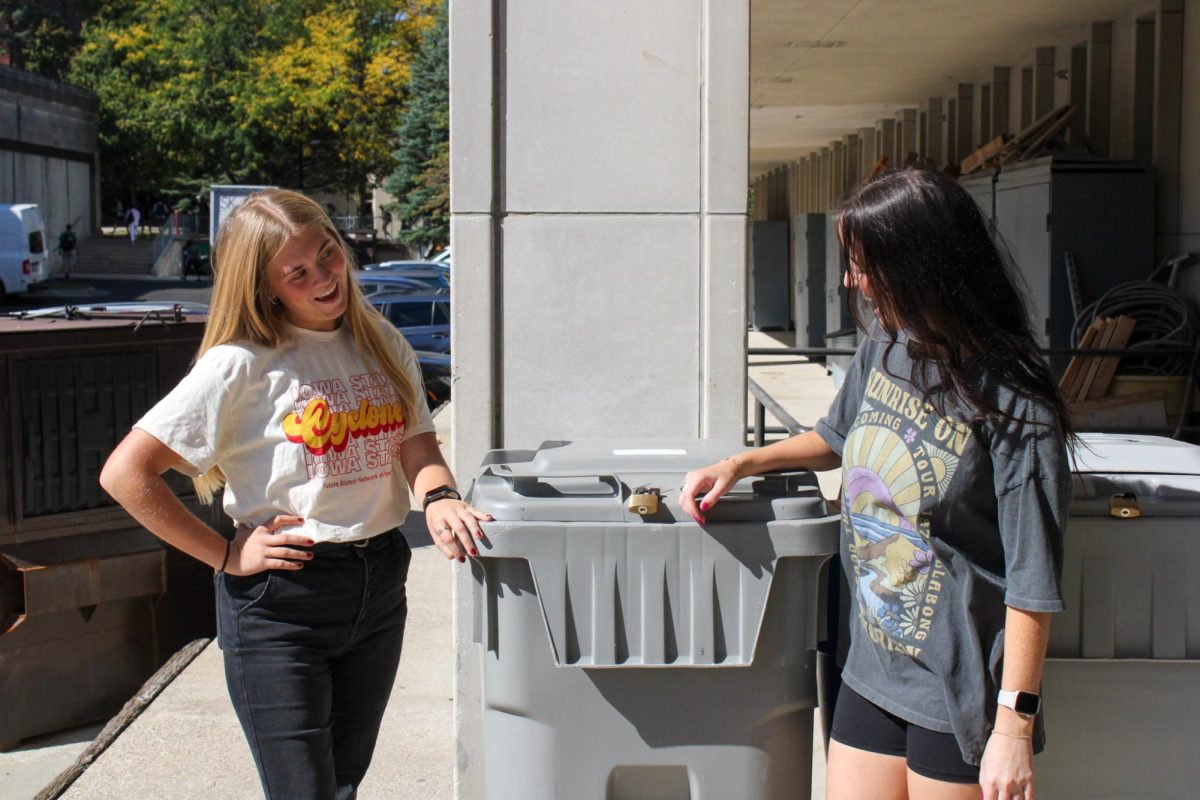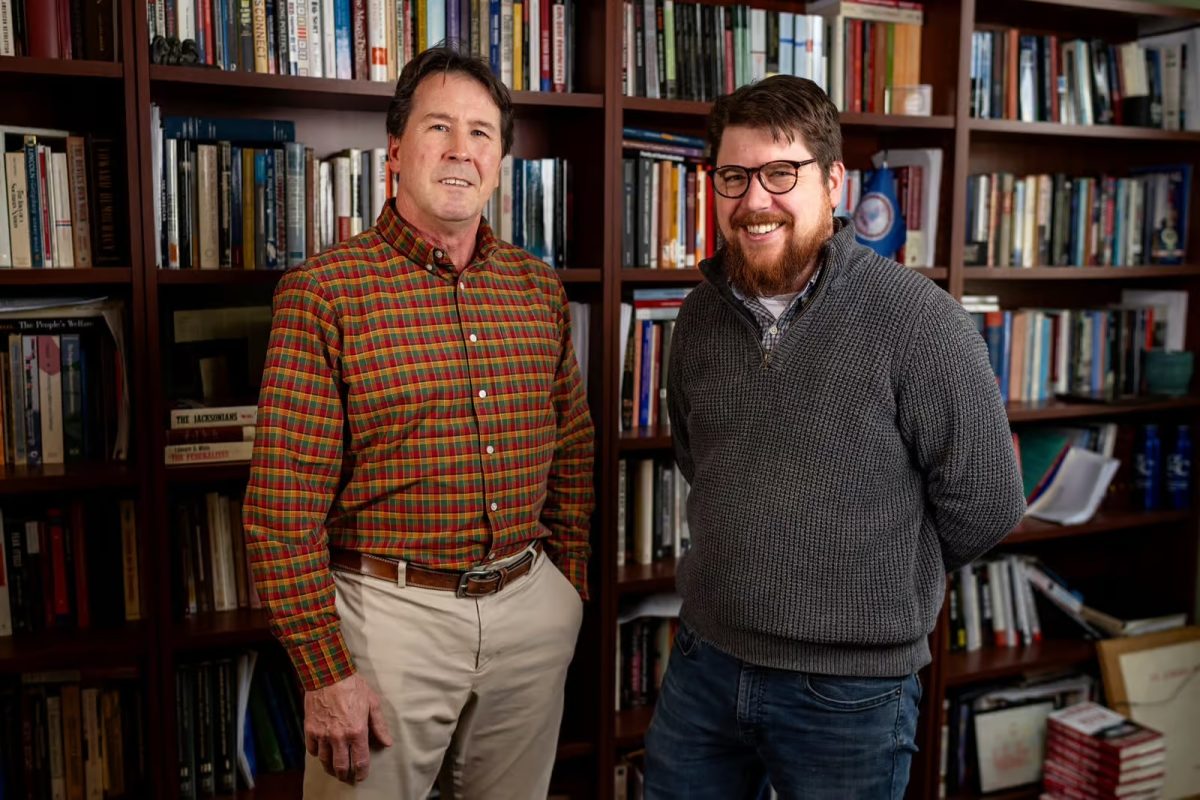County officials praise Vilsack’s anti-meth bill
June 1, 2000
Little has been announced as to how much of the $478 million justice bill to combat methamphetamine use in Iowa will be given to Story County, but an official from the District Attorney’s Office praised the move, saying it’s definitely needed.
Gov. Tom Vilsack signed the bill May 17 in Marshalltown, a city that had been featured in the national news because of its and the state’s problem with meth.
The bill, which focuses on drug treatment and prevention, calls for money to hire 20 additional parole and probation officers in the state’s community corrections system and space for another 60 inmates within that system.
“Right now, there is no clear view as to how much and when [Story and Boone Counties] will get money from this bill,” said Story County attorney Steve Holmes.
Holmes said the funding is crucial for the state of Iowa. “There is definitely a need for increased funds to battle an increase in drug arrests,” he said.
In the Story and Boone County area, the numbers of drug-related arrests have risen substantially since 1998.
The Story County Attorney’s Office recorded 65 drug-related arrests in 1998, and that number swelled to 201 in 1999, Holmes said.
The count for the year 2000 is currently at 98 as of May 23, Holmes said.
John Tinker, member of the Story/Boone County Drug Task Force, said there’s an issue with meth use in the city of Ames, but he said the drug isn’t as prevalent on the ISU campus.
“The largest drug problem at Iowa State is alcohol; meth is not really a problem on campus,” he said.
Tinker didn’t have a report citing how many drug-related arrests in Story and Boone Counties involved meth, but he said the area is the second-largest in the state next to Polk County in terms of meth lab busts.
Tinker also noted that the funding the state was getting from the federal government was running out, and the state needed to allocate more money to allow meth-prevention programs to continue running.
“The state will hire four new drug agents, but two of them will be working in labs, so that leaves only two new officers for the state,” Tinker said.






